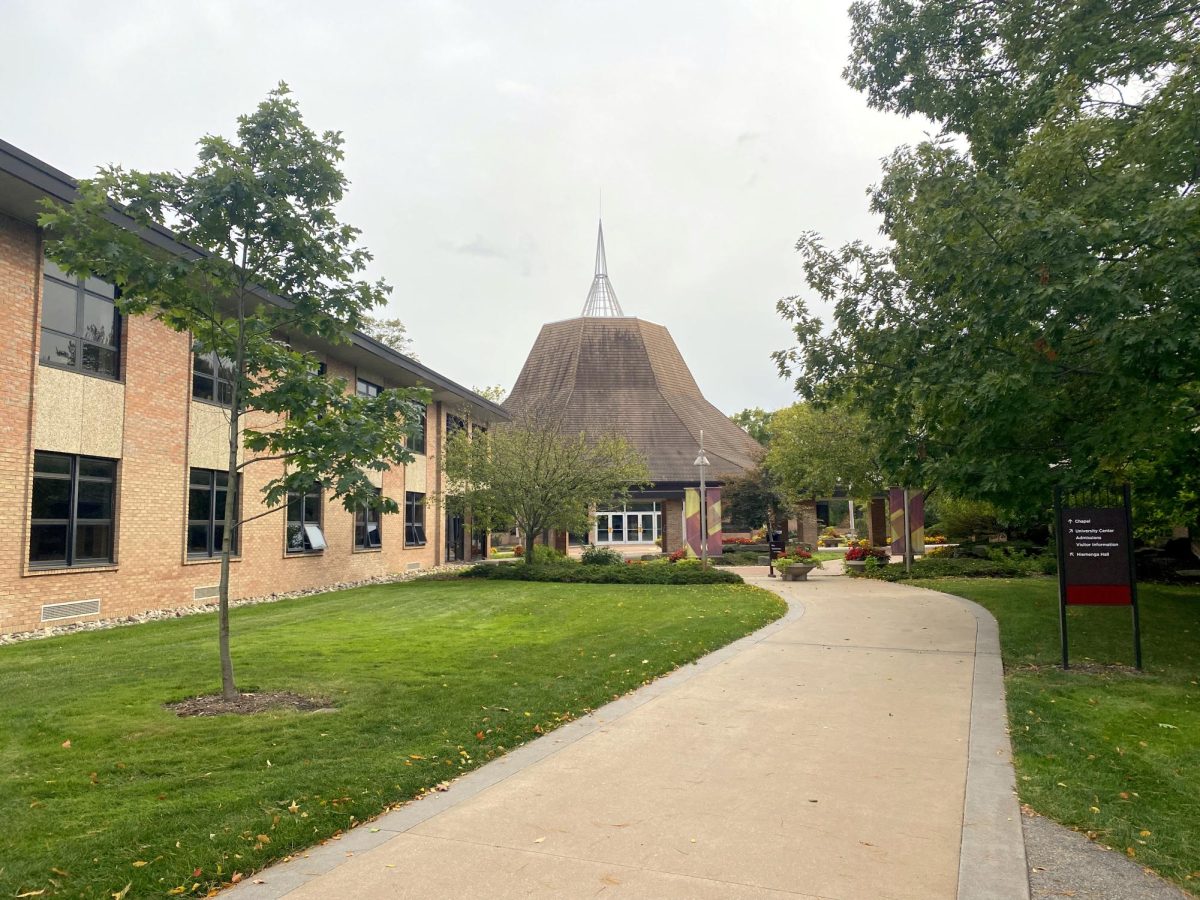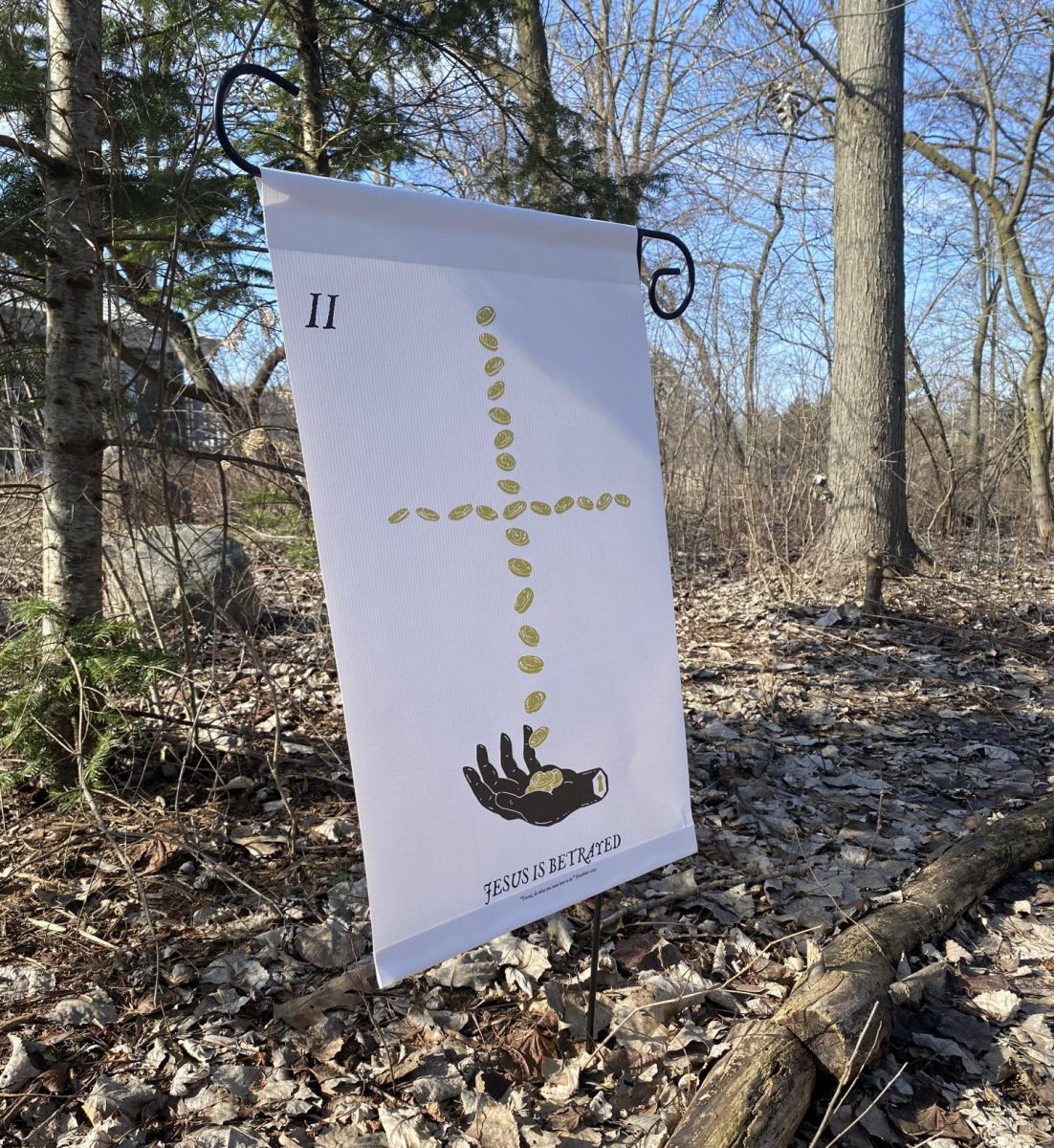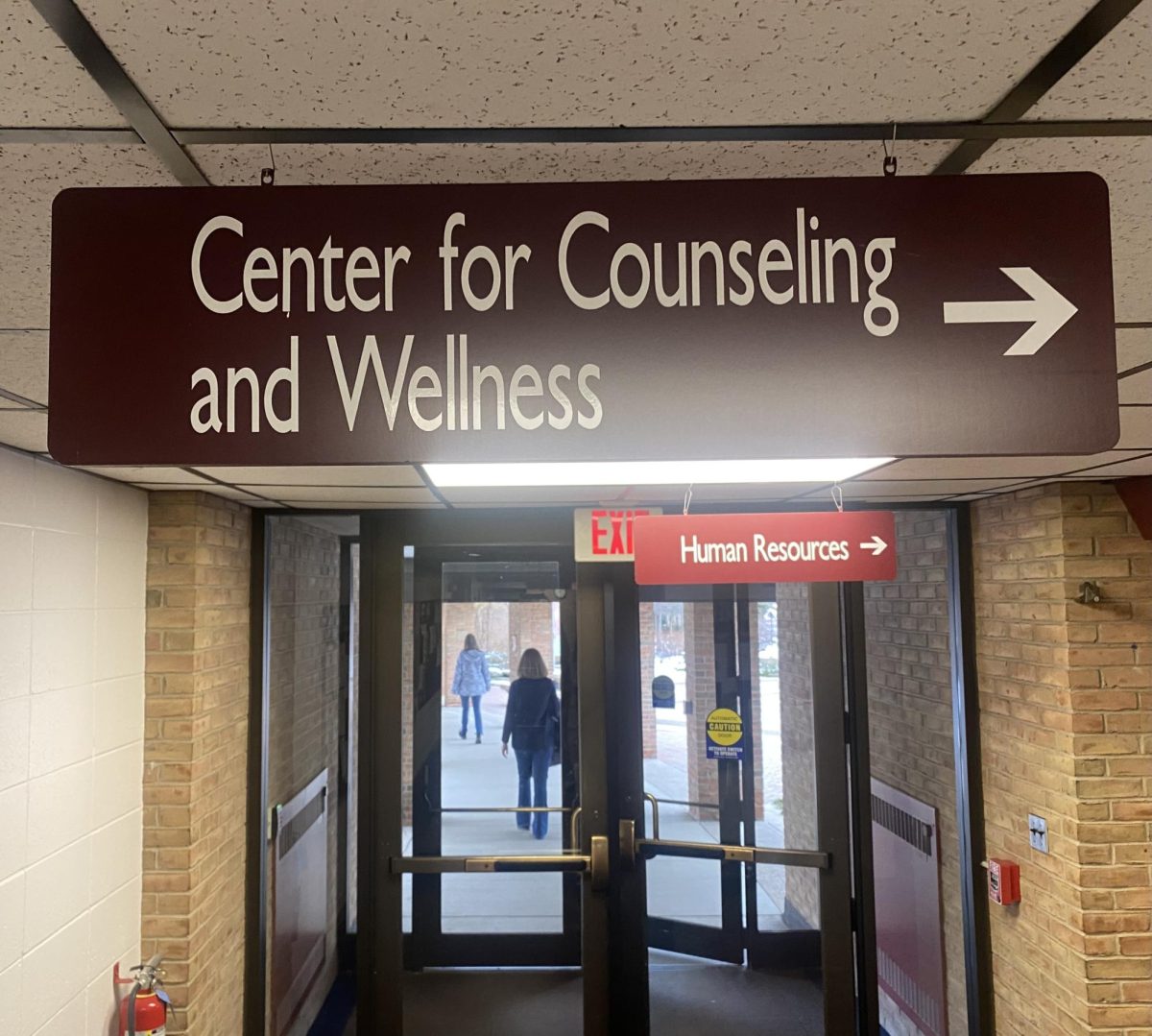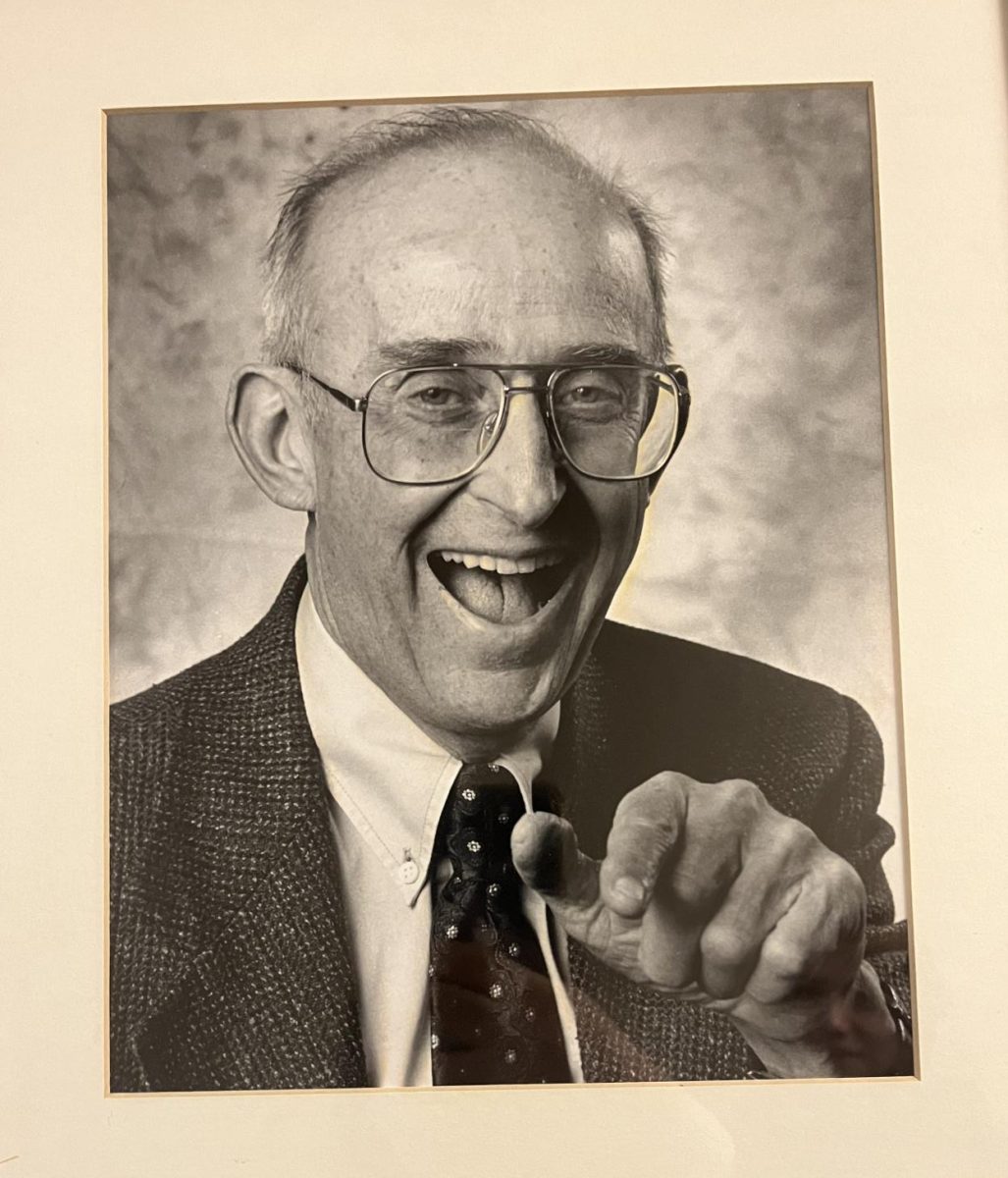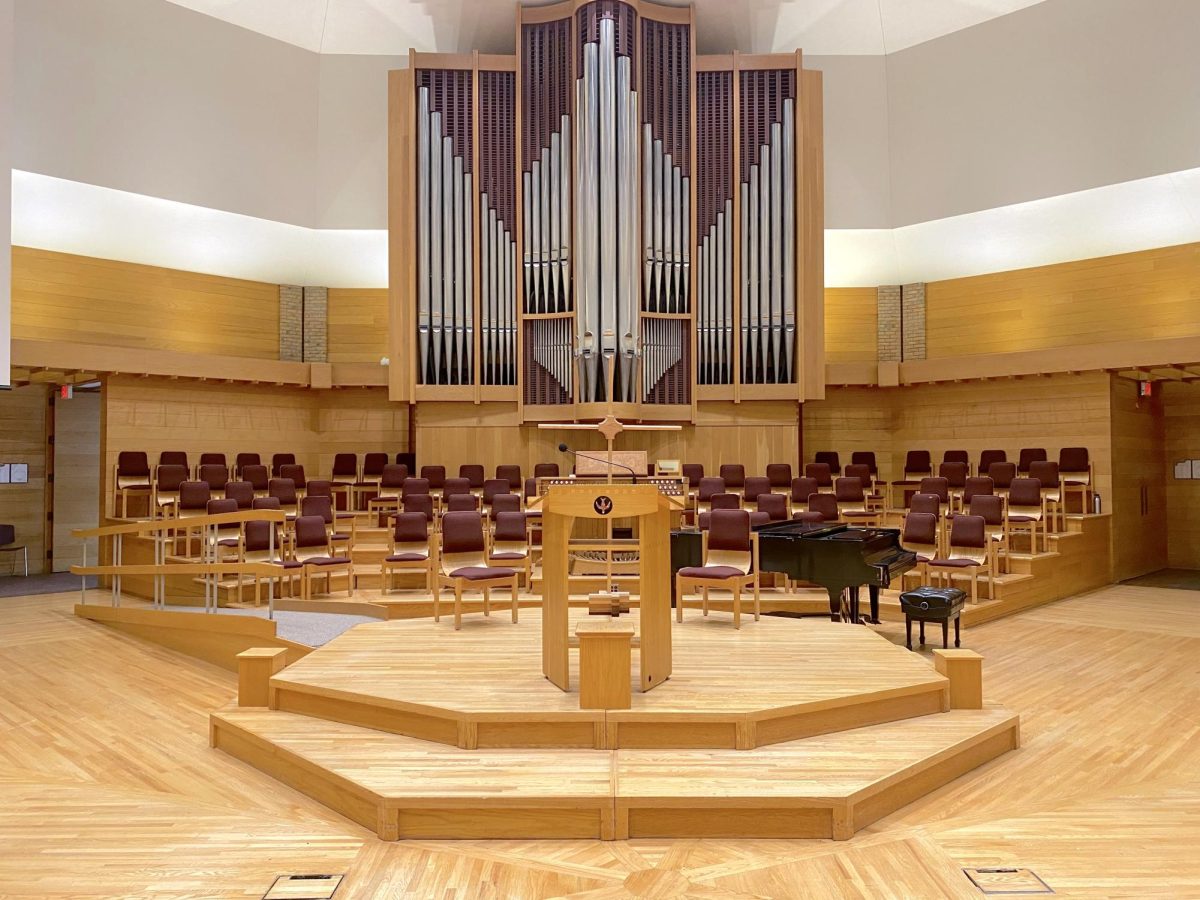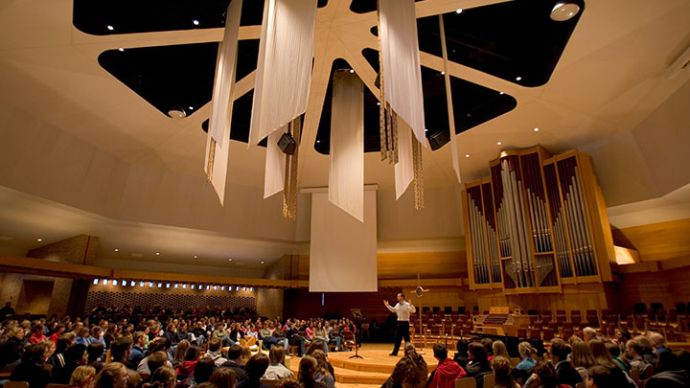“All we’re doing is living out of grace,” said senior Nicole Schmitt, one of six graduating students starting an intentional living community in a low-income Sacramento neighborhood. “We’re trying to live into grace, and it’s leading us here,” she said.
It all started with a dream senior Josiah Gorter had alongside a few friends passionate about urban ministry: to move into a low-income neighborhood, find part-time jobs and live out the gospel within this context. Unfortunately, last fall it looked like this dream would never come to be.
“We weren’t able to find a way to organize this on our own, so we had to give up,” Gorter said.
But late in the fall, Gorter received a surprising email from Kevin Adams, a pastor he interned with last summer in Granite Springs, Calif.
“How would you like to come and live in intentional community here in Sacramento?” Adams asked Gorter in the email.
Within a few months, seniors Nicole Schmitt, Steven Zantingh, Jeff Vander Kamp, Scott Stensrud, Rachel Broemsen and Josiah Gorter had committed to the project.
Leaders at Granite Springs and Bridge of Life, two churches they plan to partner with in the greater Sacramento area, committed to paying their rent and providing service and guidance for the team. Most of their work will be done with Bridge of Life.
They have centered the project around three core values, according to a ministry document written by the team: “Biblical community, urban ministry and leadership development.”
Starting in August 2014, the six graduates will spend 12 months living in “intentional gospel community and engaging in urban leadership,” according to their ministry document.
This will involve taking part-time jobs in the Sacramento community, serving at Granite Spring’s new coffee shop, plugging into local ministries and cultivating spiritual disciplines within their own house.
“We’re coming in … as partners to a church (Bridge of Life) that’s already been around in the neighborhood for over 10 years,” Gorter said.
Through the work of Adams and Todd Cioffi, CMS assistant professor and director of the Jubilee Fellows program, Calvin Seminary also agreed to partner with the team of six students, offering guidance throughout their ministry as well as seminary course credits.
“We would be miles and miles back if we didn’t have the work Kevin did,” Gorter said. He also thanked many of the other staff and faculty at Calvin they have been consulting.
But the vision the team has for the new intentional living community extends beyond these 12 months.
“The words we keep using are wet cement,” Schmitt said. “We’re trying to lay down this foundation, but we know it’s not firm yet.”
“This is intended to be a long-term program for anybody … interested in intentional community and exploring ministry opportunities after college,” Gorter said. “We’re hoping it can also be a template to help others set up similar communities, even beyond Sacramento.”
The project, while new for the two churches they plan to partner with, is not emerging ex nihilo, or completely out of thin air. They have spent hours each week researching other intentional living communities.
“We’re looking to people like John Perkins, Shane Claiborne, Tim Keller … and many others,” Schmitt said.
In some ways, Gorter added, “this is seen as a natural extension of … Jubilee Fellows, project neighborhood, service-learning (the Service-Learning Center) and many other ministry opportunities offered on campus.”
On the one hand, the team realizes that for some the idea might seem just a bit too crazy. Many of the students do not have part-time jobs lined up in the area, a key necessity for the community to be sustainable. The team has been planning fundraising events to help subsidize the cost.
“Some might ask why would anyone choose to live the way we plan on living,” Vander Kamp said. “It’s not a lifestyle that some people understand … There’s probably going to be a lot more self-sacrifice and uncomfortable moments than even we realize.”
But Schmitt has a unique perspective on the endeavor.
“Part of me wants to say, ‘why is everyone not doing this?’” she said. “But I realize different people are in different places … The root of all this is being gospel-inspired. I’m doing this because I feel compelled by the life and death and resurrection of Jesus Christ to live this way, in this place, at this time,” Schmitt said.
The team wanted to make clear that they don’t see their plans next year as better than any other graduates who are being intentional about how they live out their faith.
“I would ask [other students] how they’re going to live the gospel,” Gorter said. “If they have an answer, then fantastic. But if not, then I would hope they question what they’re doing. If you’re going to an engineering firm, live out the gospel. If you’re going to be a nurse, live out the gospel in a hospital.”
“It doesn’t have to look like living in a house with five of your college friends,” Schmitt added. “Just ask, ‘How do you put yourself in a community that cares for the broken?’ And there’s broken people everywhere you go.”
Schmitt laughed and added, “There’s six of us living in our house next year.”





